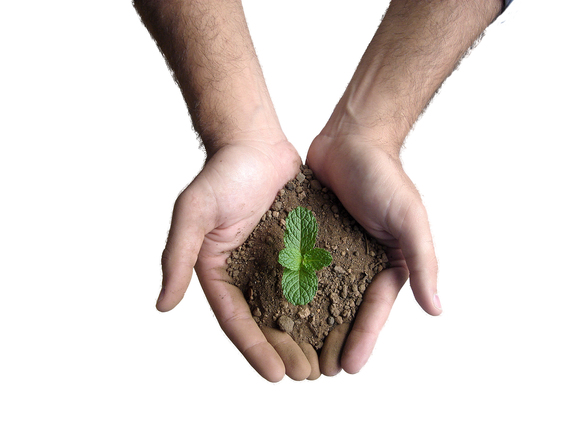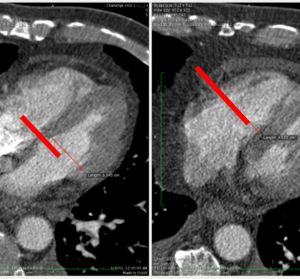Brief description of the technology solution and the added value it provides
Our research group of seed biotechnology and genomics has increased, by genetic engineering, plant and seed biomass, and at the same time has improved germination and seedling vigor. These features increase plant yield and biomass.
Plants represent more than 80% of human diet, and just 5 cereal seeds account for 60% of calories of world population. Due to the exponential population growth, increasing plant production is a key goal to meet world demand. According to forecasts, global seed market will increase by 34% in 2020, and 58% of this market will come from modified seeds.
Description of the technological base
By simple genome engineering in the model plant Arabidopsis thaliana, the group has obtained larger seeds (60%) with improved germination and giving rise to bigger plants (30%).
According to several studies, seed mass is positively correlated with seedling survival and, therefore, is a determinant of plant fitness.
All of this means increasing plant yield, not only in terms of production for the same cultivated land, but also for the improvement of vigor seedling and crop survival.
“Biotechnology solution to increase plant yield in a sustainable manner, by generation of larger seeds and plants”
Market demands
Agrifood
-
Nowadays, 793 millions people are subnourished in the whole world, meaning the 10% of the world population.
-
Plants represent more than 80% of human diet.
-
Cereal and legume seeds represent more than 60% of calories of world population.
-
In 2050, world population will increase from 7000 to 9000 millions people, consequently cereal production will have to be increased by 40%.
Energy
-
The advent of biofuels has the potential of changing all that and causing world demand to be higher, depending on the energy prices and government policies.
-
Productivity growth could significantly reduce the negative effect of biofuel production on food availability
-
Increasing biomass will help Europe to decrease greenhouse gas emissions by 20% in 2020, and by 50% in 2050.
Plant biotecnology
-
Biotechnology field has showed solid benefits to get a more sustainable agricultural activity around the world.
Competitive advantages
-
Obtaining larger seeds has a positive impact in plant yield, not only for the increased net weight harvested, but also for the improvement in seedling vigor and crop survival, which is an effect derived from seed size.
-
This biotechnological tool is potentially applicable to other plant species, specially oilseed crops (rape, sunflower, etc.).
-
Our solution allows to increase food productivity in a sustainable way and environment friendly.
“Population growth, decreased plant yield and cultivable land, generate the need to use new technologies to produce food in a friendly and sustainable way.”
Previous references
-
Research group led by Dr. Luis Oñate Sánchez, involved in the study of molecular mechanisms underlying seed germination and stress responses in plants.
-
The project is being developed in the Center for Plant Biotechnology and Genomics, and is funded by Convocatoria de Retos de la Sociedad from the Spanish Ministry of Economy and Competitiveness.
Development stage
- Concept
- R&D
- Lab Prototype
- Industrial Prototype
- Production
Contact
Contacto BULKUIK
Rocío Sánchez Montesino, Luis Oñate Sánchez
Centro de Biotecnología y Genómica de Plantas– CBGP (UPM-INIA)
e:
e:
Contacto UPM
Área de Innovación, Comercialización y Creación de Empresas
Centro de Apoyo a la Innovación Tecnológica – UPM
e:














